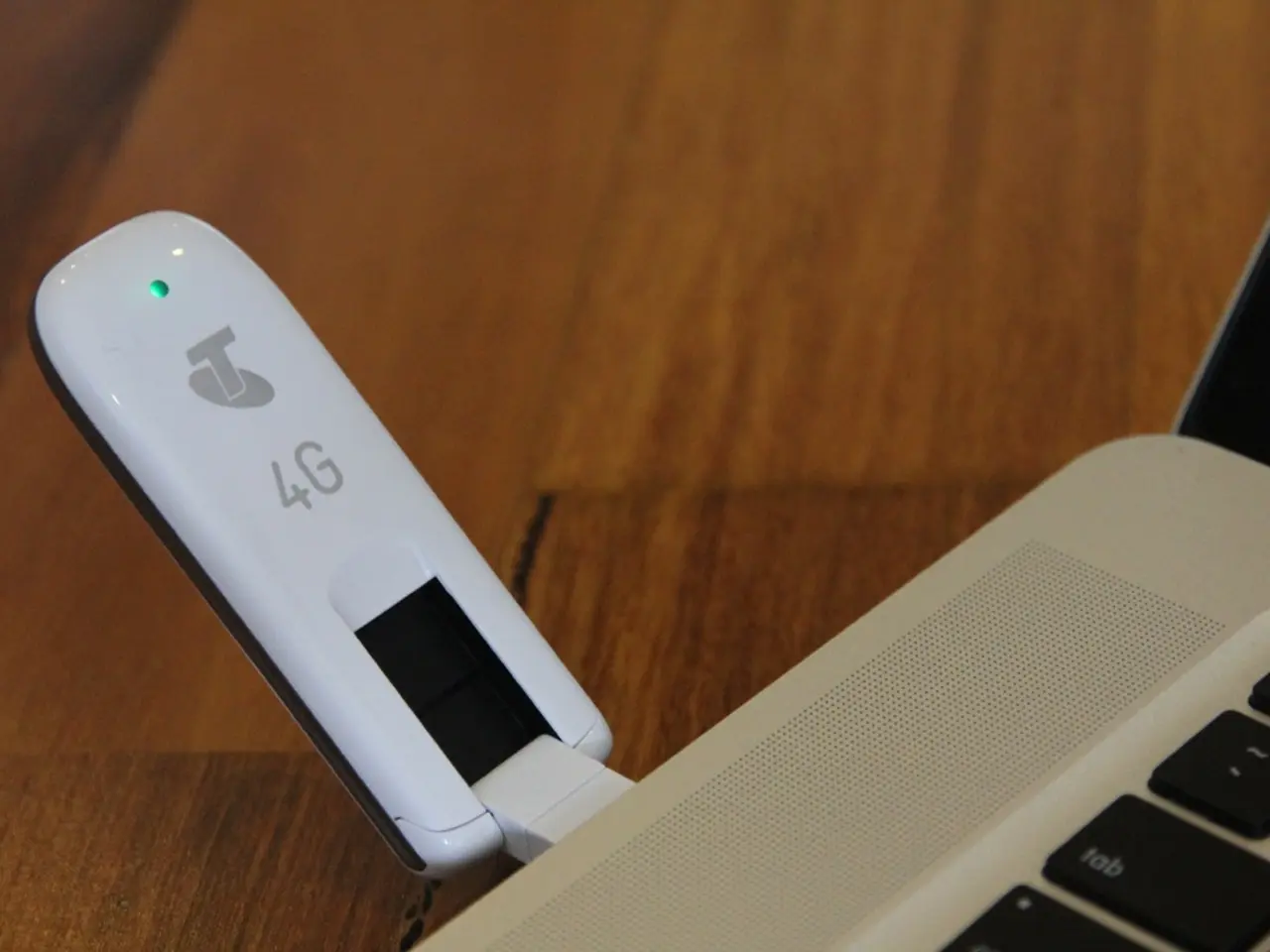Business Bring-Your-Own-Device (BYOD) Policies and Security Threats - Guidelines for Securing Your Corporate Data
In today's digital age, Bring Your Own Device (BYOD) programs are becoming increasingly popular in workplaces worldwide. These initiatives allow employees to use their personal smartphones and laptops for work purposes, offering convenience and flexibility. However, they also present unique cybersecurity challenges that businesses must address to ensure the security of their data and networks.
One of the primary concerns with BYOD programs is the security of personal devices. These devices often lack robust security measures, making them more vulnerable to cyberthreats such as malware and phishing attacks. To mitigate this risk, businesses can combine antivirus solutions with encryption to significantly enhance their BYOD program's security posture.
Unsecured networks are another common risk associated with BYOD programs. Employees often connect personal devices to public or insecure Wi-Fi networks, increasing the risk of sensitive data interception. Segmenting network access by creating separate network zones for personal and corporate devices, and applying Zero Trust principles, can help limit the spread of potential breaches.
The risk of device theft is higher with personal devices, increasing the likelihood of data breaches. Ensuring that devices are encrypted and have remote wipe capability is crucial in such cases. Regular audits of personal devices enrolled in a BYOD program are also essential to maintain security standards.
A comprehensive BYOD policy is the cornerstone of a secure BYOD program. Detailed guidelines covering security measures, acceptable use, and data privacy are essential in a BYOD policy. Ongoing cybersecurity training is vital in a BYOD environment to educate employees on safe online behavior, risks of public Wi-Fi, recognizing phishing, and separating personal and work activities responsibly.
87% of respondents in a survey valued choosing their work equipment, indicating the rise of BYOD programs in modern workplaces. However, one survey found that 60% of responders said their companies permit using programs that don't align with standard security protocols. This highlights the need for businesses to establish clear BYOD policies that outline acceptable use, security requirements, privacy expectations, and what is monitored.
Implementing mobile device management (MDM) or endpoint management solutions can also help enforce security settings such as screen locks, disk encryption, up-to-date patches, antivirus protection, and enable remote wipe if devices are lost or stolen.
By combining clear policies, technological controls, continuous monitoring, and user education, organizations can effectively manage cybersecurity risks in BYOD programs while balancing security and privacy concerns. It is essential to address these potential risks and continuously update security measures to ensure the convenience and flexibility of BYOD are not at the expense of data integrity and network security.
- To ensure the security of personal devices in BYOD programs, businesses can implement antivirus solutions and encryption for enhanced security.
- Unsecured networks are a common risk in BYOD programs, so segmenting network access and applying Zero Trust principles can help limit the spread of potential breaches.
- Device encryption and remote wipe capabilities are crucial to mitigate the risk of data breaches due to device theft in BYOD programs.
- A comprehensive BYOD policy should include detailed guidelines on security measures, acceptable use, and data privacy, as well as ongoing cybersecurity training for employees.
- Implementing mobile device management (MDM) or endpoint management solutions can help enforce security settings and provide control in a BYOD environment.
- While 87% of respondents value BYOD programs, it's important for businesses to establish clear policies that outline acceptable use, security requirements, privacy expectations, and what is monitored to prevent the use of programs that don't align with standard security protocols.




